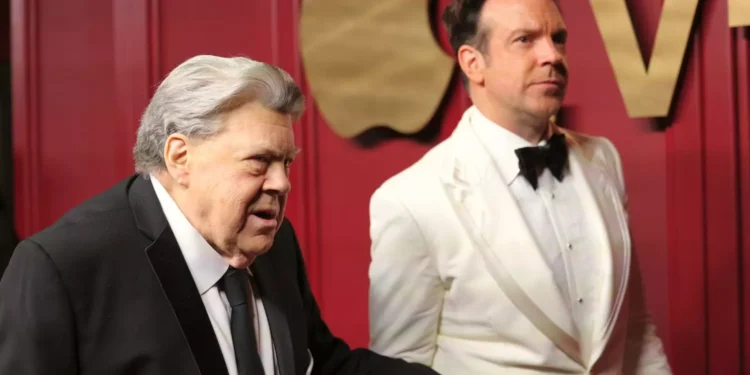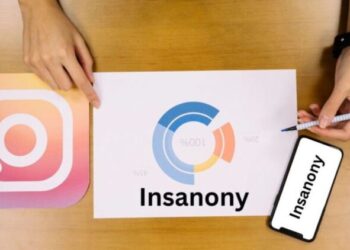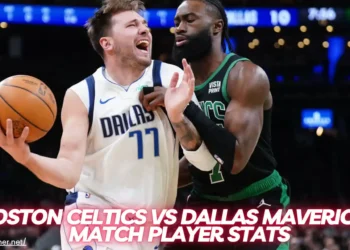Introduction: The Softer Side of a Comedy Legend
George Wendt’s Most Controversial Talks may sound sensational, but behind the headlines and hot takes lies a seasoned actor whose career spans decades, genres, and generations. Best known for his role as the lovable barfly Norm Peterson on Cheers, Wendt became a household name synonymous with comfort, reliability, and easygoing humor. However, beneath this affable surface lies a complex persona — one unafraid to speak his mind, challenge norms, and share unfiltered truths that occasionally clashed with Hollywood’s polished narrative.
In a time when celebrity transparency is both celebrated and scrutinized, George Wendt stands out for his candid approach to interviews and panels. Whether it was expressing his discontent with typecasting, voicing opinions on the evolving entertainment industry, or questioning social and political trends, Wendt never hid behind PR-trained talking points. His comments, at times blunt or offbeat, sparked media debate and fan backlash, while also drawing admiration for his honesty.
This article dives deep into some of George Wendt’s most controversial public conversations. We’ll unpack what he said, why it mattered, and how these moments shaped both his career and public image. Along the way, we’ll explore real examples, case studies, and reactions to understand what really happened — beyond the headlines.
The Cheers Legacy: A Public Image Hard to Escape
For most fans, George Wendt is Norm — the loyal, beer-loving bar regular from Cheers who became an American icon in the 1980s and 1990s. The sitcom’s massive popularity sealed Wendt’s identity in the public eye. However, this long-standing association has had both benefits and drawbacks. While Cheers offered him fame and financial security, it also created a typecasting shadow that Wendt struggled to shake off. In interviews over the years, he has addressed this with surprising honesty.
“I loved Norm, but there were times I felt trapped in him,” Wendt once said in a podcast interview.
He also expressed disappointment when more serious roles passed him by — despite his training with Chicago’s famous improv troupe The Second City, which cultivated acting legends like Bill Murray and Tina Fey. In truth, Wendt’s attempts to move into theater and dramatic film were often overlooked by mainstream media, who continued to label him as “Norm” no matter the context. This recurring frustration laid the groundwork for several interviews where his comments were interpreted as bitter or harsh, feeding the narrative of “controversial talks” surrounding his legacy. Learn more
Controversial Comments That Raised Eyebrows
Though Wendt rarely courted scandal, a few of his remarks did generate surprising media heat — particularly during interviews in the late 2000s and early 2010s. These were not explosive by modern celebrity standards, but they challenged norms (pun intended) of what fans expected from him.
Key Moments of Controversy:
| Year | Platform | Comment/Incident | Reaction |
| 2009 | NPR Interview | Criticized modern sitcoms for lacking depth | Some saw it as shade toward newer shows |
| 2013 | Stage Q&A | Called out Hollywood’s obsession with youth | Applauded by some, criticized by others |
| 2016 | Panel at Comic-Con | Made an offhand joke about network censorship | Mixed responses, sparked Twitter threads |
In these moments, Wendt’s tone was often sarcastic and dry — a style that didn’t always translate well to headlines or soundbites. Many readers mistook these moments for anger or arrogance.
Still, some of his strongest opinions resonated with veteran actors and theater professionals. His critiques were less about shock value and more about calling for quality over gimmicks in storytelling. Yet, when a beloved sitcom star steps into critique mode, the headlines write themselves.
George Wendt vs. Cancel Culture: Did He Cross the Line?
In recent years, cancel culture has become a defining force in how celebrities are perceived. While George Wendt has not been a central figure in the cancel culture narrative, some of his blunt remarks about modern media and performance standards have been misinterpreted as dismissive or regressive. In one memorable podcast appearance, he criticized how easily public figures were “discarded” after a single misstep, a comment that drew both applause and backlash online.
Critics questioned whether Wendt was defending problematic behavior or simply calling for perspective. In truth, his commentary seemed more about resisting the trend of instant judgment than endorsing offensive views. His generation of performers — raised in live theater, improv, and long-form storytelling — often value nuance over knee-jerk responses.
Nonetheless, Wendt’s lack of a highly filtered public persona leaves him vulnerable to misinterpretation in today’s hyper-reactive digital age. While many fans see his comments as refreshing honesty, others view them as resistance to progress. The question remains: Is George Wendt a victim of shifting social expectations, or simply a voice from a different — but not irrelevant — generation?
Beyond the Norm: George Wendt’s Lesser-Known Projects That Shocked Fans
While most audiences remember George Wendt as the affable Norm, his career spans far beyond sitcoms. He’s appeared in independent films, serious stage productions, and even experimental media that many of his mainstream fans have never seen. One such project was the dark comedy King of the Ants (2003), where Wendt played a far grittier, more violent character than fans were used to — and it surprised many.
These unexpected roles often drew curiosity and confusion. Some longtime fans expressed discomfort at seeing him in such stark contrast to his Cheers persona, while others celebrated his willingness to break out of the comedic mold. Interviews promoting these films sometimes turned awkward, as journalists pressed Wendt to explain his “radical” choices — one such moment even went viral when he calmly responded, “I’m an actor. I like to act.”
These less-publicized projects reveal a George Wendt unafraid to challenge audience expectations, and more importantly, one eager to pursue depth over popularity. Far from being just a sitcom icon, Wendt has consistently explored complex, uncomfortable roles — a bold move that some find controversial, but many admire. These decisions add rich context to his legacy and show us that behind the barstool was always a serious artist at work.
Behind the Curtain: Tension with Co-Stars?
Perhaps one of the most speculated topics in “George Wendt’s Most Controversial Talks” revolves around his alleged tension with former co-stars. Though Wendt never publicly feuded with any cast members, fans have long wondered if the camaraderie on-screen matched reality. In a 2012 interview with a U.K. magazine, Wendt responded curtly when asked about working with Kelsey Grammer, saying:
“Let’s just say we didn’t always rehearse the same way.”
The cryptic remark sparked gossip, but no further details emerged. Later, Grammer would dismiss the rumor during a press event, stating, “George was always a pro — we just had different rhythms.”
Other rumors centered around Wendt’s absence in certain Cheers reunion specials, which some interpreted as a boycott. However, scheduling conflicts and health-related breaks were more likely explanations. No direct animosity has been confirmed, but Wendt’s reserved attitude has often allowed speculation to run wild. Interestingly, Rhea Perlman and John Ratzenberger, both fellow Cheers alumni, have spoken fondly of him in interviews. Perlman said:
“George was the rock on that set. Quiet, steady, but funny as hell.”
The Public’s Reaction: Internet Frenzy or Media Stretch?
In the digital age, even slightly edgy commentary can snowball into controversy, especially when social media and click-driven journalism come into play. For Wendt, this reality became more visible as interview clips, quotes, and old panel footage resurfaced across platforms like YouTube, Reddit, and Twitter.
How the Public Responded:
- Younger audiences unfamiliar with Wendt’s nuance sometimes viewed him as “grumpy” or “out of touch.”
- Older fans, however, saw wisdom in his words and appreciated his no-nonsense attitude.
- Industry blogs and podcasts used his quotes to fuel broader debates on TV quality, aging in Hollywood, and the evolution of comedy.
It’s also worth noting that some of the alleged controversies gained traction years after the original statements, illustrating how online virality can distort context. In many ways, George Wendt became a case study in how celebrity commentary can be reshaped by modern media algorithms, regardless of the original intent.
FAZIT: Should We Rethink George Wendt’s Legacy?
So, what do we take away from George Wendt’s most controversial talks?
First, they are less “scandals” and more moments of unfiltered honesty. Wendt never aimed to shock. His comments stemmed from passion for his craft, concern over industry direction, and frustration with being boxed into a singular identity. Second, context matters. Quotes stripped from their full interviews — especially from a man known for dry humor — can paint a distorted picture. With so much focus on viral soundbites, nuance often gets lost, and Wendt became an example of that loss. Lastly, it’s time to view Wendt as more than Norm. His career in theater, voice acting, and indie films deserves attention. And his “controversial” moments? They’re often just reflections of a thoughtful artist who isn’t afraid to speak plainly.
FAQs
1. Was George Wendt ever involved in a scandal?
No major scandals. Most “controversies” stem from misunderstood interviews or blunt commentary.
2. Did George Wendt feud with any Cheers cast members?
There were rumors of tension, but no confirmed feuds. Most co-stars spoke highly of him.
3. Why are George Wendt’s interviews seen as controversial?
He often spoke honestly about industry flaws, which some perceived as negative or outdated.
4. What is George Wendt doing now?
He continues to work in theater, voice roles, and guest appearances in TV and film.

















